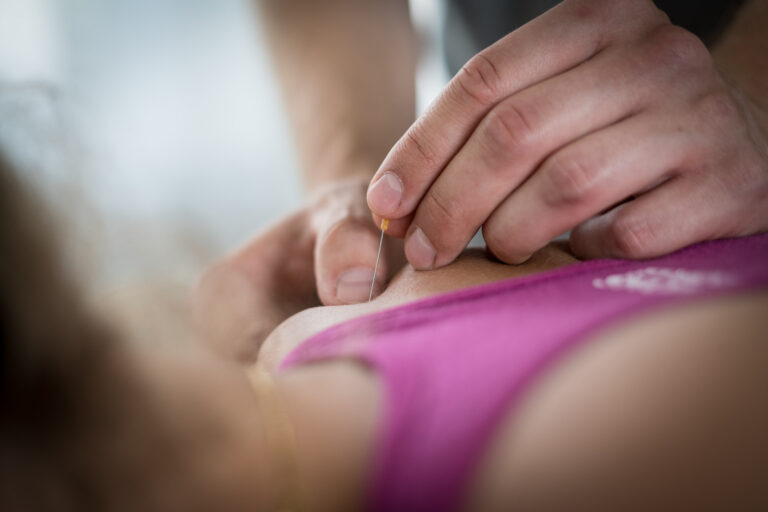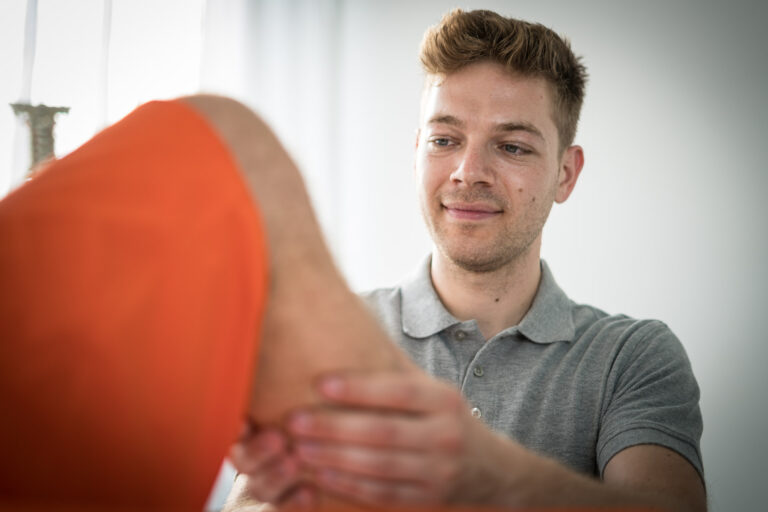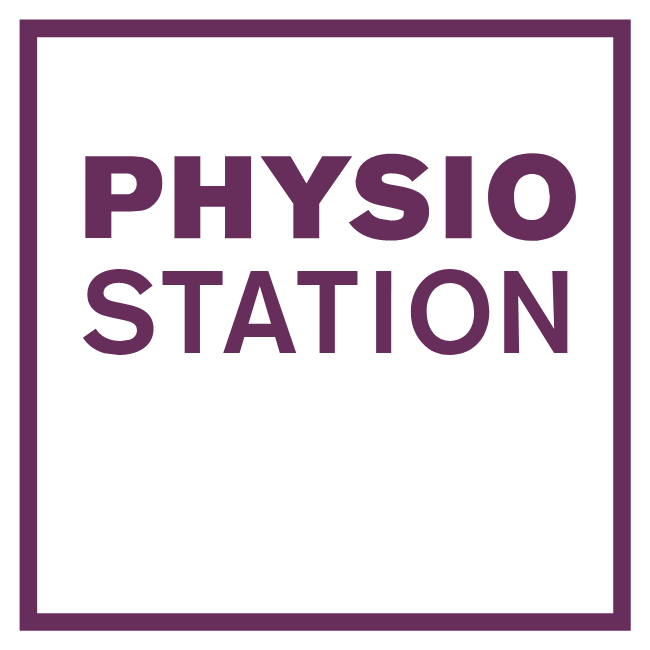Physio Station - Praxis für Physiotherapie
mit Fokus auf aktiver Therapie mit modernsten Trainingsräumen mit idealen Therapiemöglichkeiten mit langfristigem Therapieerfolg
Physiotherapie ist mehr als nur Behandlung. Sie ist der erste Schritt zurück in ein aktives, gesundes Leben – und genau dabei begleiten wir Sie: fundiert, individuell und mit einem Fokus auf aktiver Therapie.
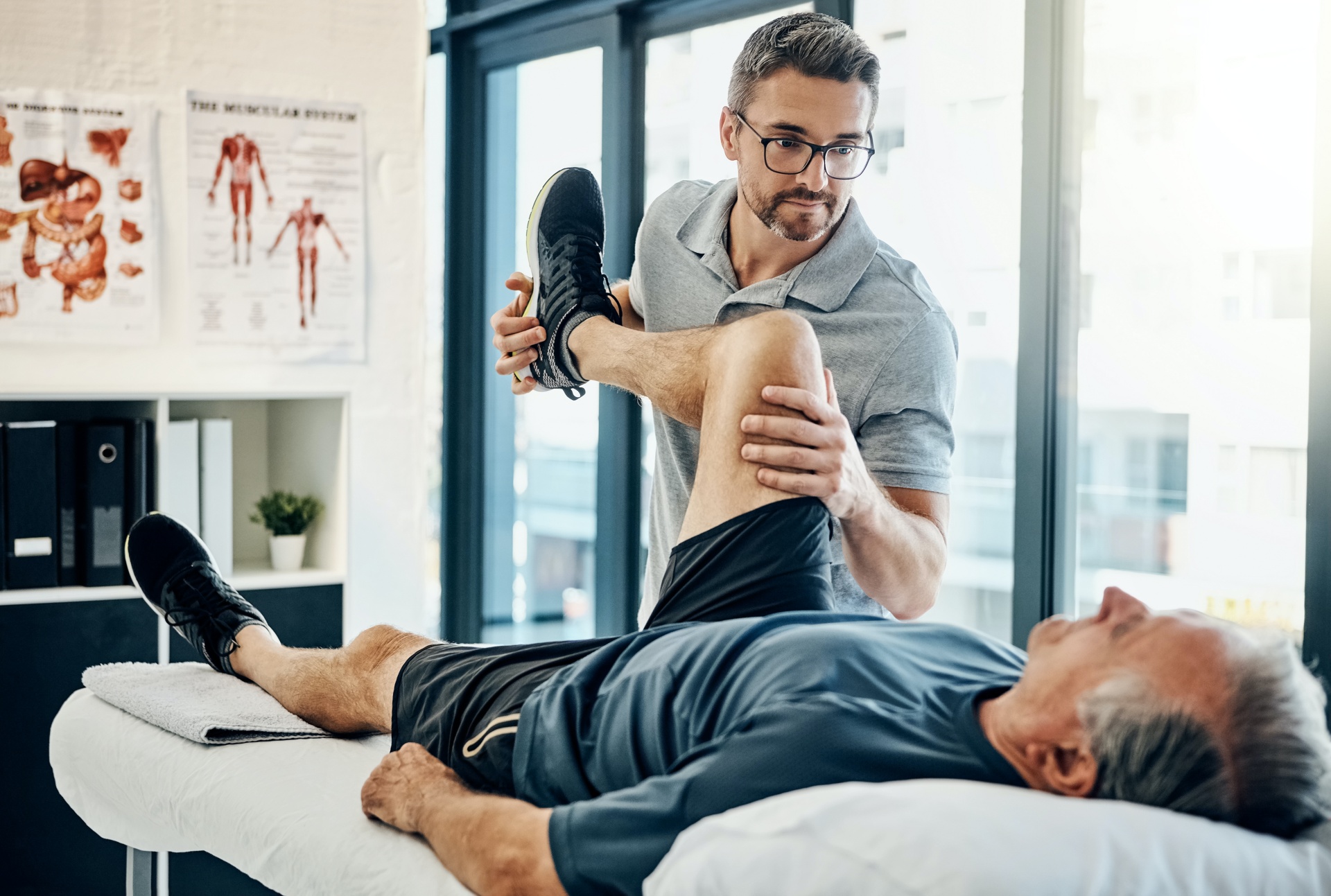
Unsere Standorte
Physio Station Seebach
- seebach@physio-station.ch
- 043 243 43 53
- Schaffhauserstrasse 470, 8052 Zürich
Physio Station Zürich City
- zuerich@physio-station.ch
- 043 243 43 50
- Badenerstrasse 296, 8004 Zürich
Physio Station Affoltern
- affoltern@physio-station.ch
- 043 322 30 40
- Jonas-Furrer-Strasse 21, 8046 Zürich-Affoltern
Physio Station Schlieren
- info@physio-station.ch
- 044 730 10 00
- Bahnhofstrasse 6, 8952 Schlieren
Physio Station Dietikon
- dietikon@physio-station.ch
- 043 233 04 04
- Löwenstrasse 15, 8953 Dietikon
Unsere Physiotherapie Angebote
Ob nach einer Verletzung, Operation oder bei chronischen Beschwerden – wir kombinieren gezielte Therapie mit aktiven Trainingsmethoden. Gemeinsam finden wir den Weg, der für Sie passt.
Die passende Therapie bei:
Die passende Therapie bei:
Die passende Therapie bei:
Die passende Therapie bei:
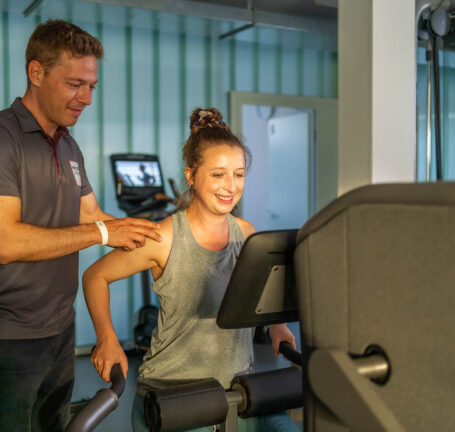
Wir glauben: Heilung geschieht nicht auf der Behandlungsliege – sie beginnt mit Bewegung, Klarheit und einem Plan. Unsere Physiotherapie setzt auf aktive Mitarbeit, modernes Training, individuelle Betreuung und vor allem: auf Sie.
Mit jedem Schritt, den Sie selbst gehen, kommen Sie Ihrer Gesundheit näher. Und wir begleiten Sie dabei – professionell, verständlich, motivierend.
- Nachhaltige Ergebnisse statt kurzer Linderung
- Mehr Eigenverantwortung durch gezielte Bewegung
- Individuelle Übungen statt Standardbehandlung
Was unsere Patienten sagen
Man bekommt schnell einen Termin 👍
Ich besuchte darum die PHYSIO STATION und wurde dort durch Jozefien bestens behandelt. Ihr Fachwissen und ihre Behandlungsmethoden, sowie die zusätzlichen Übungen (Hausaufgaben) gaben mir Mut und Zuversicht meinen strapazierten Rücken wieder ins Lot zu bringen, sowie auch meine Schmerzen zu lidern. Schnell fühlte ich schon nach wenigen Behandlungen einen Fortschritt bzgl. Beweglichkeit und Schmerzlinderung. Die zusätzlich gezeigten Hilfsübungen für zu Hause halfen zudem mich zu stabilisieren.
Wegen ihrer positiven Art, sowie der professionellen Betreuung durch Jozefien haben sich meine Rücken-Beschwerden fast ganz vergessen lassen.
Herzlichen Dank!
Bruno Knutti
Zusätzlich möchte ich mich noch mal bedanken bei Herrn Giacomo für den Guten Physiotherapie.
Liebe Grüsse
Abdel
Beim ersten Treffen wurde eine genaue Aufnahme gemacht, um was es geht und wie man mir weiterhelfen kann.
Meine Physiotherapeutin Veronika fragt immer genausten nach, wie es mir geht, wie mein Schmerz empfinden ist.
Ich finde sie sehr sympathisch und sehr feinfühlig.
Später buchte ich weitere Terminne, um den Zustand meines Rückens zu verbessern. Dank der guten Betreuung konnte ich spürbare Fortschritte erzielen – die Schmerzen gingen zurück, und ich fühlte mich zunehmend beweglicher und stärker.
Die Therapeuten sind empathisch und wirklich engagiert, um ihren Patienten zu helfen.
Schnell einen Termin bekommen, sehr fachfrauisch behandelt worden mit schnellem guten Ergebnis und ein netter und freundlicher Umgangston von Rezeption bis Liege.
Danke Celina!
Er geht auf meine Verletzungen ein und die Übungen passt er optimal für mich an.
Ich fühle mich sehr gut aufgehoben in der Therapie. Danke Fljorim
They also speak all kinds of languages, so expats and locals alike are welcome 🙂
Alle Mitarbeiter sind nett und mein Therapeut Giacomo macht seine Arbeit sehr professionell und ist dazu noch eine gute sprechpartner. Er kann mich gut motivieren.
Ich kann immer pünktlich anfangen und bin auch pünktlich fertig. Es ist sehr einfach, einen Termin zu vereinbaren.
Ich kann diesen Ort jedem empfehlen.
Seine Kompetenz und das breite Spektrum an Fortbildungen, darunter Manuelle Therapie,
Sportphysiotherapie, Dry Needling und vieles mehr machen ihn zu einem herausragenden Therapeuten.
Dank ihm habe ich signifikante Fortschritte in meiner Genesung erlebt und fühle mich durch seine gezielten Behandlungen gestärkt und unterstützt.
Dimitris ist ohne Zweifel ein Experte in seinem Gebiet und ich kann ihn wärmstens weiterempfehlen!
I would recommend it always, very professional and supportive.
Ich empfehle diesen Physiotherapeuten, da Er eine hochprofessionelle Arbeit ausübt
Idioma que maneja perfectamente.
Facilita mucho las cosas.
wegen Lymphdrainage,
als Patient gewesen.
Top zufrieden.
Therapeut DANIELE sehr gut.
Jung, Dynamisch, Kompetent.
Wer einen Physiotherapeuten braucht, ist bei José an der richtigen Adresse.
Die Physitherapie war sehr gut. Die Schmerzen, sowie auch Beschwerden, wurden mit der Zeit gelindert und der Frau Xh.K. geht es viel besser.
Vielen Dank an Frau Ainhoa Cocero López für ihre fachliche Kompetenz der Pyhsiotherapie mit meiner besten Bewertung der Sterne.
Mit bester Empfehlung:
Physiotherapeutin Frau Ainhoa Cocero López an Patienten mit sehr grossen und komplizierten Problemen der Schmerzen und Beschwerden.
Besonders Miguel kann ich empfehlen.
Für mich hat es sehr gut funktioniert. PS Danke Pablo
Ich konnte ausschliesslich positive Erfahrungen machen und empfehle deshalb die Physio Station in Dietikon wärmstens weiter.
danke euch
Besonders zu erwähnen ist seine Sozialkompetenz. Ich fühlte mich immer sehr wohl. Danke für alles!
Ich bin gerne hier und kann es nur weiter empfehlen.
Sehr Freundlich
Für mich war es ein großes Glück, dass ich sie gefunden habe, denn ich hatte andernorts schlechte Erfahrungen gemacht, und seit ich bei ihnen bin, habe ich einen großen Genesungsprozess festgestellt, der es mir ermöglicht hat, wieder zu arbeiten.
Ich danke Ihnen vielmals.
Ich war wieder in der Therapie bei Joost.Bin wiederum sehr zufrieden,alles ist professionell und die ganze Praxis ist sehr einladend und zentral gelegen.
Auch der Empfang mit Frau Maya Labhard ist perfekt organisiert,sie hat alles im Griff.
Dem ganzen Team ein herzliches DANKE..
Liebe Grüsse bis zum nächsten Mal
Rita Gfeller😊
Grösstes Problem war bei mir starke Rückenschmerzen durch die Lockerung des Iliosaktalgelenkes.
Vielen Dank Jessica!
Die Praxis ist modern und sehr schön. Die Terminmöglichkeiten am Abend waren für mich sehr praktisch.
Seit ich mich von Brian behandeln lasse, merke ich endlich einen Fortschritt. Er ist sehr kompetent, nimmt meine Beschwerden ernst und ist auch sehr hartnäckig bei der Lösungsfindung :-). Danke für die zahlreichen Behandlungen, ich bin wirklich sehr zufrieden und kann ihn nur weiterempfehlen.
Auch die Terminfindung und Kommunikation ist 1A, alles digitalisiert und super easy.
Für mich hat es sehr gut funktioniert.
Ich habe einen Background im Sport und habe viele Praxis vorher ausprobiert. Beim Physio Station habe ich wieder diesen Sport-Fokus für die Behandlung einer Sportverletzung gefunden, welchen ich aus meiner Zeit als Profi-Rennfahrar kannte.
Meine Verletzung wurde mit Trigger-Point-Therapie und vor allem durch viele Übungen zum Verstärkung der Muskeln.
Vielen Dank besonders an Martino für die Behandlung.
Die Sauberkeit an den Maschinen ist mangelhaft und sollte verbessert werden (Hygiene)
Besten Dank
Freundliche Grüsse
W. Zehnder
Das Team der Physio Station
Bei uns stehen nicht nur Therapien im Mittelpunkt, sondern die Menschen dahinter – und vor allem: Sie.
Gemeinsam mit Ihnen finden wir den passenden Weg durch gezielte, aktive Physiotherapie. Und weil Vertrauen für uns zentral ist, entscheiden Sie selbst, von wem Sie begleitet werden möchten.
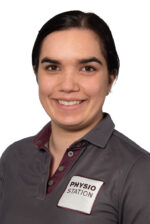
in der Physio Station Dietikon

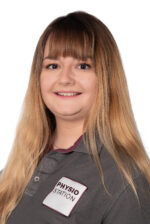
in der Physio Station Dietikon
- Triggerpunkttherapie
- Kiefertherapie
- Myofasziale Entspannung
- Neurologische Patienten
- Rückenschmerzpatienten


in der Physiostation Zürich
- Sportphysiotherapie
- Dry Needling
- Kinesio Tape
- Orthopädische manuelle Therapie
- Kraft- und Konditionstraining (Strenght & Conditioning)
- Schmerz Management



in der Physio Station Affoltern


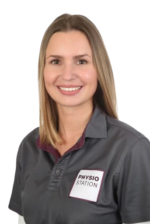
in der Physio Station Affoltern


in der Physio Station Seebach
- Manuelle Therapie
- Manuelle Lymphdrainage
- Neurologie
- Orthopädie
- Kardiopulmonale Physiotherapie
- Muskuloskelettale Physiotherapie
- Chronische Schmerzpatienten
- Therapeutische Massage
- Geriatrie



